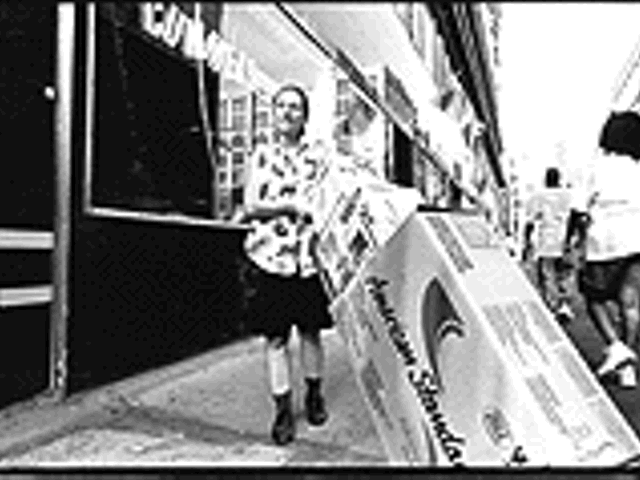Publisher Finkelstein also wears another hat as the head of public-relations firm Unicom Group. Unicom's clients include the city of Olivette, which recently hired the PR firm for $3,000 a month to sell residents on a taxpayer-subsidized shopping-center development anchored by a Wal-Mart store.
When UFCW international president Douglas H. Dority — an outspoken foe of nonunion Wal-Mart — heard that Unicom was flacking for the Olivette project, he hit the roof. In a letter to Local 655 member Al DeLassus, dated Aug. 17, Dority fumed: "I personally think it is a disgrace for anyone associated with the labor movement to be greasing the skids for a Wal-Mart project."
Finkelstein says the matter is a dead issue. By the time Dority became involved, Unicom already had resigned from the Olivette account. "We were on it for less than two weeks," Finkelstein says, adding that Unicom quit the account because of a "communications disagreement with Olivette." But Finkelstein acknowledges that the issue caused some ripples with the union's leadership. Local 655 president Nick Torpea "called me and talked to me about it.... I guess, in retrospect, had I thought about it — because Wal-Mart is so sensitive with the retail clerks — I guess I should have taken that into consideration. But by then we had already resigned the account." Finkelstein says Unicom never saw itself as promoting Wal-Mart but, rather, as promoting Olivette's development proposal.
Torpea says Finkelstein "sent me two letters saying that he was sorry and that it was a mistake on his part. It was clearly poor judgment." Torpea adds there are no hard feelings on the subject: "He's really the voice for labor — he just made a business decision that was in bad judgment."





